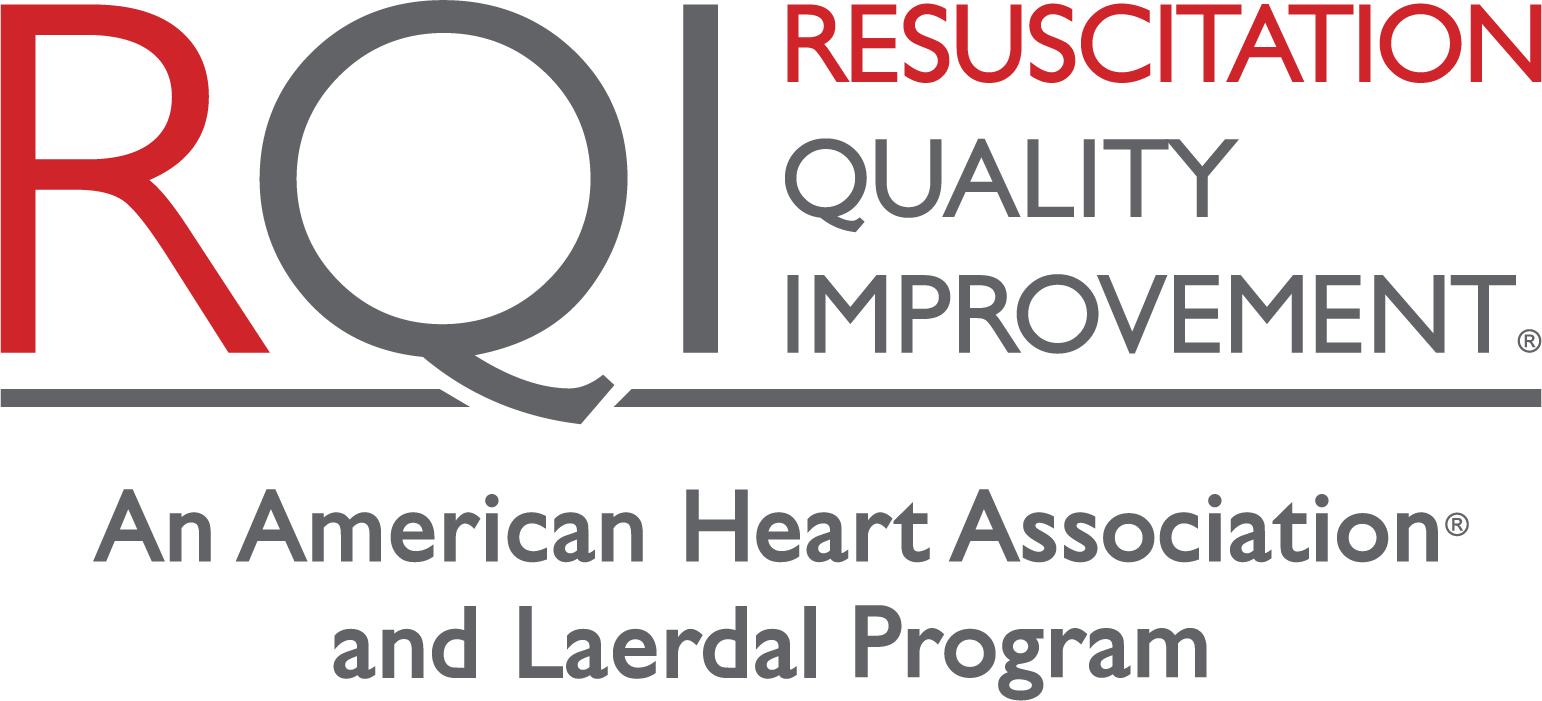Norcini J, et al. Medical Teacher. 2011;33:3, 206-214
Importance of Conclusion
Criteria for good assessment include validity, consistency, equivalence, feasibility and drives future learning forward.
Key Points
Good assessment criteria include:
- Validity or coherence. There is a body of evidence that is coherent (‘‘hangs together’’) and that supports the use of the results of an assessment for a particular purpose.
- Reproducibility or consistency. The results of the assessment would be the same if repeated under similar circumstances.
- Equivalence. The same assessment yields equivalent scores or decisions when administered across different institutions or cycles of testing.
- Feasibility. The assessment is practical, realistic, and sensible, given the circumstances and context.
- Educational effect. The assessment motivates those who take it to prepare in a fashion that has educational benefit.
- Catalytic effect. The assessment provides results and feedback in a fashion that creates, enhances, and supports education; it drives future learning forward.
- Acceptability. Stakeholders find the assessment process and results to be credible.
Read the article (fee applies)
